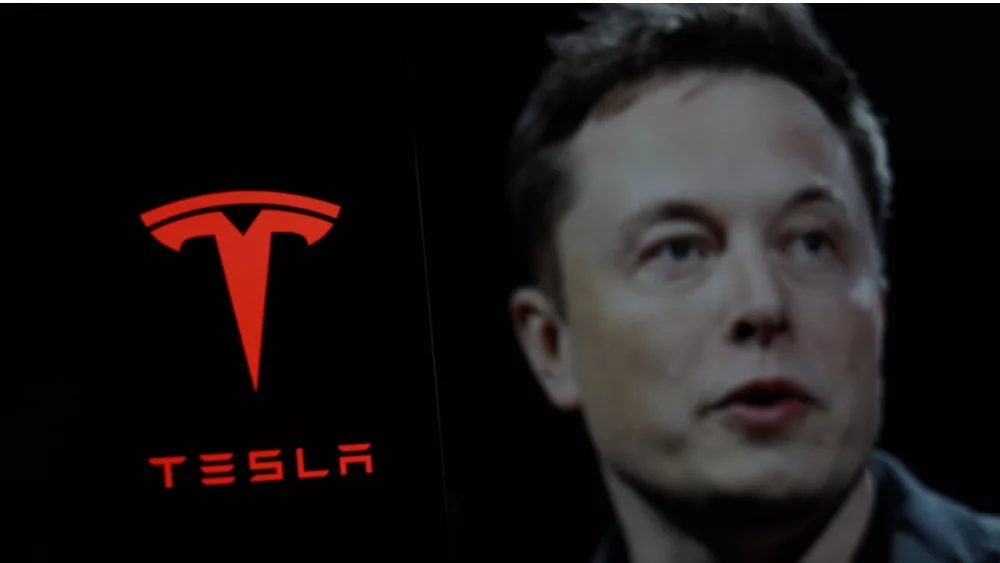The Supreme Court on Monday rejected an appeal from Elon Musk over the terms of a settlement agreement with the Securities and Exchange Commission (‘SEC’) that requires him to get approval in advance of some social media posts that relate to Tesla, the electric vehicle company he leads. Musk was seeking to overturn restrictions imposed on him by the SEC following a 2018 post on Twitter (now X). The high court rejected Musk’s appeal without comment.
An appeals court’s rejected Musk’s bid last year for the so-called “Twitter sitter” provision to be modified, complainingn that the requirement amounts to “prior restraint” on his speech, violated his First Amendment rights and was “unenforceable.” Musk acquired Twitter in 2022, and filed a petition with the Supreme Court in December 2023 seeking to undo the agreement, claiming it was an unconstitutional infringement of his right to free speech.
Tweets that Musk had posted in 2018, in which he claimed he had secured funding to take Tesla private, had caused the company’s share price to jump and led to a temporary halt in trading. The tweet was ruled to be “false and misleading” and shareholders accused Tesla of securities fraud. The settlement with the SEC included a requirement that his tweets be approved first by a Tesla attorney, and also called for Musk and Tesla to pay civil fines over the tweets in which Musk said he had “funding secured” to take Tesla private at $420 per share (the funding wasn’t secured, and Tesla remains public).
The SEC’s initial enforcement action against Musk alleged that his tweets about going private violated antifraud provisions of securities laws. The agency began investigating whether Musk violated the settlement in 2021 when he did not get approval before asking followers on Twitter, now X, if he should sell 10% of his Tesla stock.
Editorial credit: Muhammad Alimaki / Shutterstock.com
